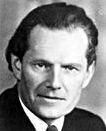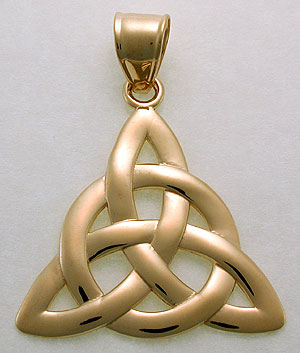 |
||||||||||||||||||||||||||||||||||||||||||||||||||||||||||||||||||||||||||||||||||||||||||||||||||||||||||||||||||||||||||||||||||||||||||||||||||||||||
|
|
||||||||||||||||||||||||||||||||||||||||||||||||||||||||||||||||||||||||||||||||||||||||||||||||||||||||||||||||||||||||||||||||||||||||||||||||||||||||
|
|
|
|
Why indeed save any life at all? What reward is there on this earth, will the saved one be grateful and will benefit come to the savior? Or will the saved one do something wonderful with the life thus gained, and society benefits? Some greater good? Multiple reasons perhaps, but ultimately the saving of an earthly life gives that person a chance to make decisions that may impact their own eternal life. Calmeyer debated none of those things, he had been raised in a “culture of life” and he, as a righteous lawyer, would gladly tilt at the windmills like his hero Don Quixote and insist on doing the right thing, reward or even knowing about these Jewish people ever again was not likely at all. In fact, he never met his clients, only his legal team or maybe not even they. They were cases, but cases of immediate danger to the clients as well as to Calmeyer himself, if any subterfuge was discovered. Where did Calmeyer get his sense of righteousness and moral commitment to save lives? Is the reward for saving lives simply a service to God, to gain access to or rewards in the afterlife (eg Heaven)? For those of us believing in one of the dominant religions, such as Christians, Muslims, and Hindi, Eternity is not just a concept but a conviction. Much of the world believes in an afterlife, and has done so through the ages, even without belonging deeply to an organized religion. What then is the attitude toward saving a life on earth, when eternity is believed to be even better, and eternal at that, while earthly life is already ephemeral and limited, with death guaranteed? Why then save any life at all, if it will wind up in eternity anyway regardless of what we do? What is earthly life worth, anyway? |
|
|
|
In the above we have a remarkable collection of biblical Old Testament (Jewish) references to the Righteous Man and the Value of a good Life. The author Solomon is quite clear that what might have traditionally had value is really egocentric vanity, a false expectation that good behavior would turn out well and that bad behavior would turn out badly. His solution: stay on the middle road of not leaning to extremes. What then the use of heroism and standing righteously on principle and truth? Calmeyer was an unlikely hero, never one to command people around, but one whose intellect could sway powerful people with charm and reason. Just such a one was needed to be courageous, but why did he take the chance? For what and for whom? For his own peace of mind? For only his small team knew what they were doing, and beyond them only the survivors and authorities knew that Calmeyer was involved. There was only their own quiet satisfaction at having done the right thing. |
|
So this is our common-denominator question on this Calmeyer-inspired website: Why save lives when those lives appear to have no value? |
|||
|
‘Life is not as idle ore, But iron dug from central gloom, And batter’d by the shocks of doom To shape and use.’ ~ Oswald Chambers |
|||
|
The question of the value of life is central to any decision to risk one’s own life for another, especially for a stranger, even more especially for many strangers. Most heroes are unaware of what drives them to heroic action, they say it is instinct. What gives some of us such selfless instinct in the midst of danger? How many are called to be such heroes? Many questions. A few answers: the saving of a life is the saving of a future, a future perhaps unknown but definitely a greater future than the death avoided. Saving years of potentially productive life is a clear motivation. But when set against one’s own uncertain future, running the risk of imprisonment or death oneself (and execution was certainly Calmeyer’s fate had the Nazis been able to prove their growing suspicions), someone else uncertain future would seem less than compelling. In the case of Calmeyer, his humility may have had something to do with his willingness to risk himself. But he was regarded as a persuasive advocate-lawyer, highly respected for intellect and even “unpredictable” demonstrations of strong convictions that would bring people, even opponents, alongside his views. The ultimate answer perhaps, one that Calmeyer would possibly have been aware of but we will never know: his desire to be “God-Pleasing” compelled Calmeyer to be not just honorable, not just passionate in righteousness, but downright foolish in the pursuit of what he felt God’s calling in the midst of a maelstrom of death sentences. He had to act. He could not “tell” in the sense of Ezekiel’s attempts to tell the world and warn them, without losing his ability to help at all. What is God-pleasing about saving a life, a soul that is destined for eternity in any case? If it pleases God to save a life through the good work of “a man chosen for this time” then is that not the man’s purpose on earth, if he seeks God’s approval? For Calmeyer, God’s approval was worth far more than the risk of earthly toil and trouble, more even than the impact that discovery would have had on himself, his team, and his whole family. THAT is a compelling priority indeed. |
 |
|||||||||||||||||||||||||||
|
Eternity Symbol |
|||||||||||||||||||||||||||
|
|
|||||||||||||||||||||||||||
